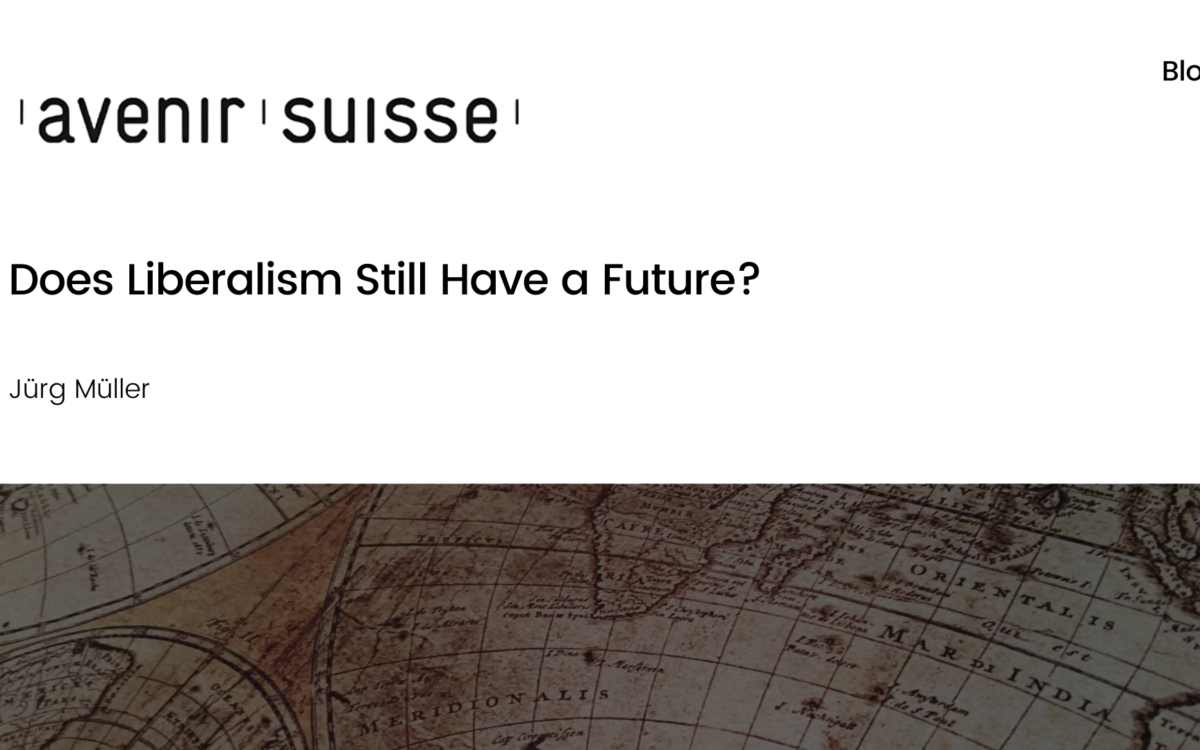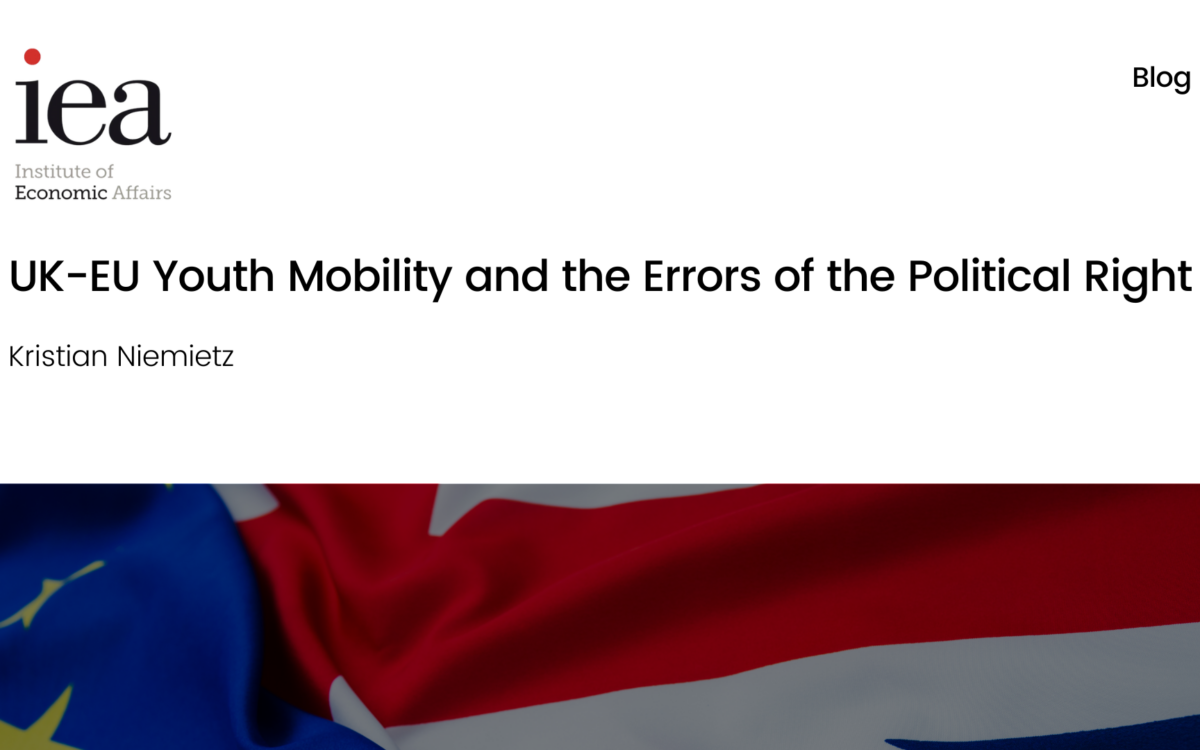Breton v. Musk: Why the Commissioner’s Methods Are a Threat to Freedom in Europe

Breton v. Musk: Why the Commissioner’s Methods Are a Threat to Freedom in Europe
Carlo Stagnaro // 12 September 2024
The controversy that has been unfolding on social media during the summer, involving the European Commissioner for the Internal Market, Thierry Breton, and the owner of X (formerly Twitter), Elon Musk, has a deeper meaning than meets the eye. The EU official has repeatedly, and personally, attacked Musk, prompting the Commission to issue a statement distancing itself from Breton’s behaviour. The issue is truly one where form not only matters but even supersedes substance.
For some time, European institutions have been accusing X of breaking rules, in particular, the Digital Services Act (DSA), 2022, a recent European regulation that claims to provide consumers greater protection online. Many of the DSA provisions are questionable in that they assume that a consumer can be deceived by any charlatan. They are, therefore, highly intrusive. At the same time, however, the DSA represents a commendable attempt to harmonise rules at the EU level and prevent the fragmentation of the European digital market.
We do not go over the content of the objections here; they will have to be proven and defended through litigation following X’s inevitable appeals. Nor do we debate whether the DSA and other EU regulations have successfully prevented member states from introducing their own rules that could harm the Digital Single Market. However, a European Commissioner publicly targeting a company over allegations that are, at the very least, unproven, has escalated the conflict to an unprecedented level – one that should never have been reached under the rule of law.
Breton posted on X on 12 July, claiming that X misleads users regarding how it assigns the blue check, which anyone can obtain by subscribing. According to Breton, ‘Back in the day, #BlueChecks used to mean trustworthy sources of information. Now with X, our preliminary view is that: They deceive users; They infrige [sic.] #DSA. X has now the right of defence – but if our view is confirmed we will impose fines & require significant changes’. Elon Musk ironically replied: ‘How we know you’re real?’ In fact, the blue check (both now and previously) merely certifies the identity of the user. That is, thanks to the check, users know for sure that Breton is really Breton and Musk is really Musk, and not third parties posing as them. The blue check tells nothing – nor does it pretend to do so – about the truthfulness of whatever has been posted by verified accounts.
But there’s more. Like the proverbial murderer who returns to the scene of the crime, Breton didn’t stop. On 12 August, Breton posted a letter that addressed Musk directly, alleging that the EU Commission could enforce certain provisions of the DSA if X did not implement ‘all proportionate and effective mitigation measures’ regarding ‘the amplification of harmful content in connection with relevant events, including live streaming’. The letter explicitly referenced ‘the planned broadcast on your platform X of a live conversation between a US presidential candidate and yourself’, namely the conversation between Musk and Donald Trump that took place the following day.
By doing this, Breton inserted himself into a US electoral campaign, which falls outside the EU’s jurisdiction. To bolster his argument, he cited ‘recent examples of public unrest brought about by the amplification of content that promotes hatred, disorder, incitement to violence, or certain instances of disinformation’, an obvious reference to the riots in the UK of August 2024, which is another situation beyond the EU’s jurisdiction. Breton’s actions were so extreme that even the typically cautious Commission felt compelled to clarify that ‘The timing and wording of the letter were neither coordinated nor agreed with the president or the [commissioners]’, as reported by the Financial Times.
Even though President Ursula von der Leyen intervened this time, Breton’s behaviour is nothing new. A few weeks ago, we criticised how he mocked Apple, suggesting that its slogan be changed to ‘Act differently’ – again, based on an unfounded accusation.
Breton’s latest attack is worrying for three reasons. First, his boorish tone is incompatible with that of leaders of European institutions, who should do their best to enforce the rules rather than threaten companies. Second, it clearly shows a lack of knowledge of the nature of the accusation against X. Most importantly, it seems to suggest that it is up to platforms to determine which sources of information are ‘trustworthy’ and, a fortiori, that it is up to the European Commission to decide whether they do so correctly.
Freedom of opinion, as we know it, coincides precisely with the right of people to freely choose whom to trust, without anyone – least of all a politician – telling what is the truth and who is the bearer of it. Breton’s behaviour has potential repercussions that would be naive, wrong, and dangerous to underestimate.
A version of this article was originally published by the Istituto Bruno Leoni in Italian.
EPICENTER publications and contributions from our member think tanks are designed to promote the discussion of economic issues and the role of markets in solving economic and social problems. As with all EPICENTER publications, the views expressed here are those of the author and not EPICENTER or its member think tanks (which have no corporate view).



